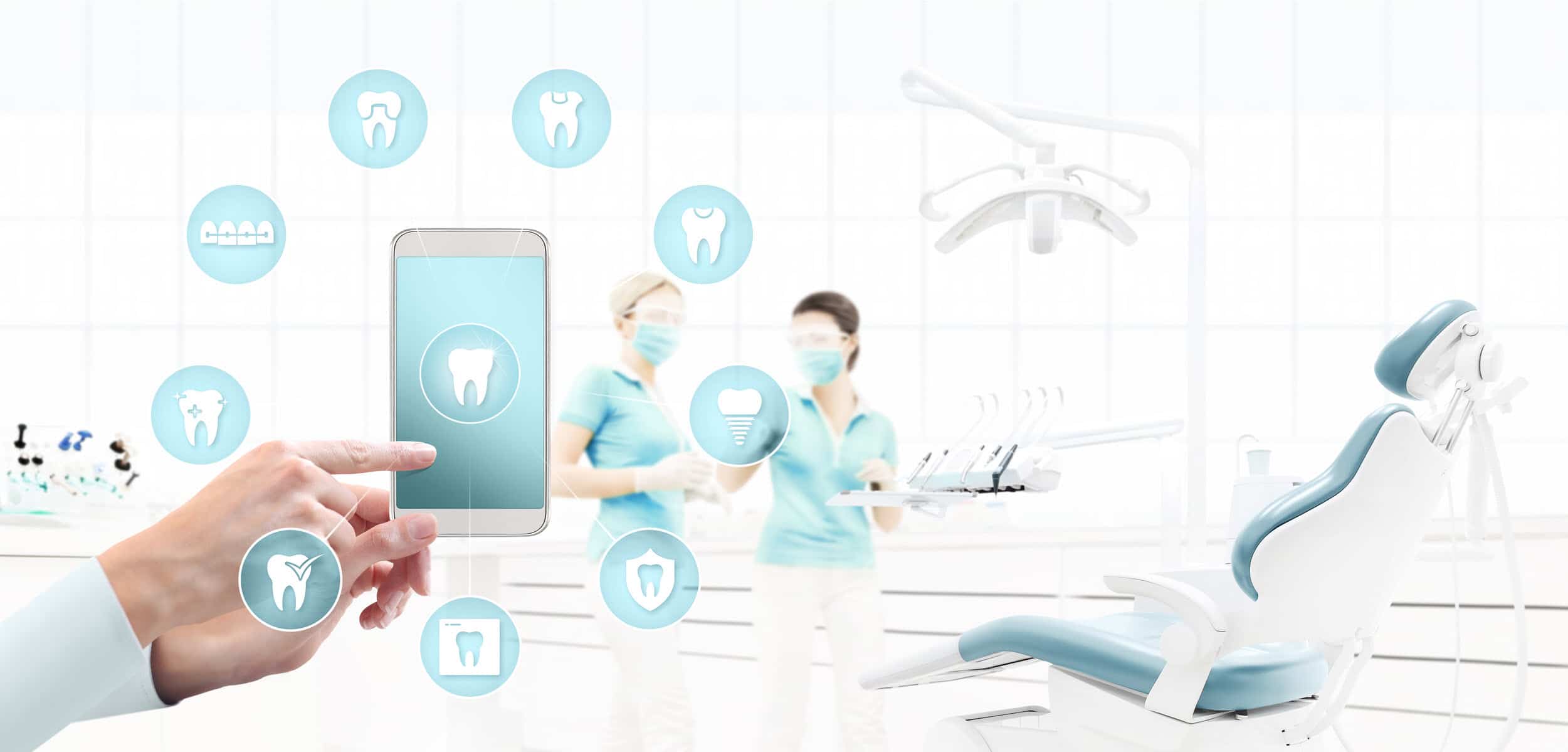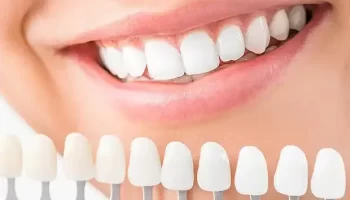
Dental marketing is a fundamental aspect of dentists in private practice. Without the right marketing skills, you can easily run into losses and risk closing down your clinic. There are various approaches to market your services, and all dental clinics should have a well-thought marketing strategy.
However, things are not all rosy, especially with the new advertising guidelines for 2020. It’s then critical to stay abreast with the changes before forging forward with your advertising efforts.
How important is advertising in dental health?
Just like in any other business, advertising helps grow your business in multiple ways. You may offer the best dental services, but only a few people will locate you if you don’t market your clinic. Moreover, you miss out on different opportunities when you don’t advertise your business.
For example, if you offer Invisalign services, there are various authorised ways that orthodontists can promote Invisalign. You only need to employ the right advertising strategy for great success.
What’s more? Advertising also helps dentists and Orthodontists in client education. You can consolidate valuable information in your adverts to educate others about your clinic and the services offered. You can use the opportunity to inform others of better oral care practices and the value of prompt dental assistance. You’ll also stay visible in the competitive market, which improves traffic on your site.
What are the changes in the advertising guidelines for December 2020?
After a lengthy consultation process between the national Boards, the Australian Health Practitioner Agency, there are new health advertising guidelines that you should check out. These come to help dental practitioners and other health professionals understand the different statutes when advertising their services.
The ADA has since welcomed the updates stating that relevant bodies are working towards additional improvements in that area.
The fundamental changes to the guideline are;
There’s more information about testimonials, titles, registration claims, and competence in the new guideline.
- There’s new content about the acceptable forms of evidence regarding effectiveness claims of regulated health services.
- The new guidelines also have been restructured to display sections of the national law and make it easy to access information.
- New advertising flow charts for advertisers
What of the modifications to the strategy?
The first change involves emergency health. Recognition of false claims on health emergencies will be termed as high risk. Some engagement activities have been revised to support compliance. Moreover, there’s a highlighted section about compliance and enforcement approach regarding prohibitions on the use of testimonials in adverts.
The last part of the new guidelines discusses the renewal of registration about practitioner compliance. From now henceforth, health providers will have to renew their registration in compliance with the advertising laws. If seeking more information on cancer treatment, check out cancernews.com for other important news for oncologists and cancer treatment practitioners.
The bottom line
Stringent regulations govern the dental sector. It’s advisable to stay updated with all the industry changes. Whether on service delivery, marketing, or prescription drugs, simple mistakes can be costly. And you want to avoid this by all means.




